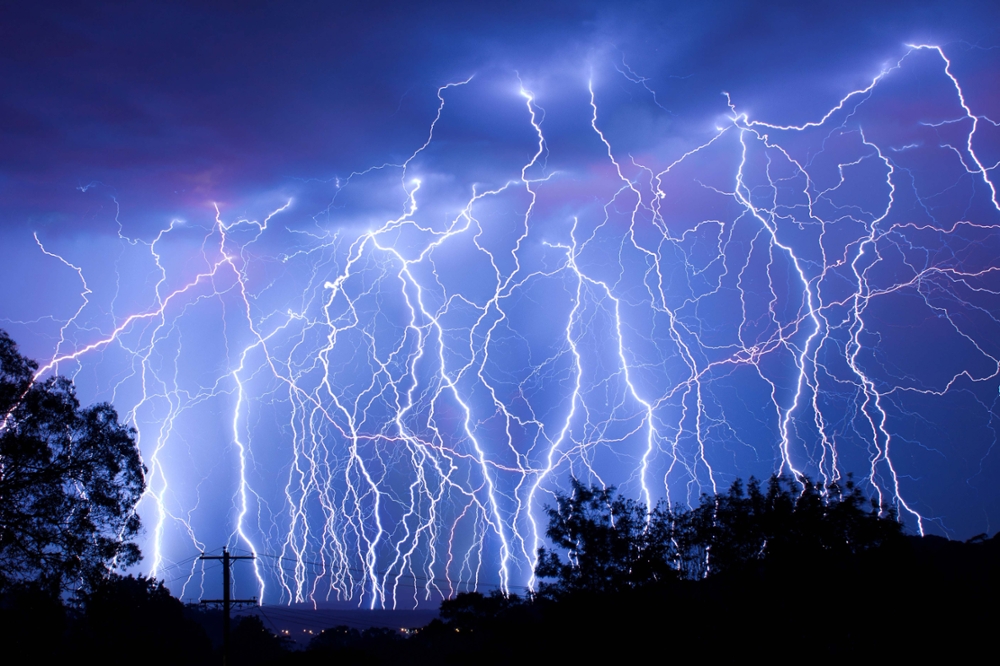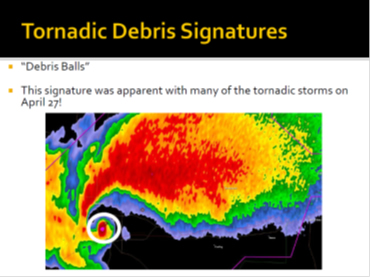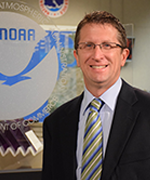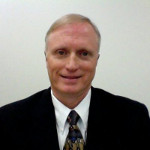Atmospheric Science/Meteorology

About the Major
Are you fascinated by the weather? Do you find yourself wondering how it works, how scientists predict it, and what factors influence it? Do you enjoy applying physics, chemistry and math? Atmospheric Science Majors study severe storms, climate change, and environmental impacts. Our majors gain valuable hands-on experience and can participate in research, from interesting theoretical studies to exciting field work. This provides our graduates with the skills and knowledge to enter the workforce in specialties such as weather forecasting, climate modeling, and air pollution, as well as to further their education by pursuing graduate degrees.
People with college degrees in atmospheric sciences have a wide array of career opportunities both in the U.S. and globally. Here are the main career pathways an Atmospheric Science Major can pursue:
- Meteorologist/Weather Analyst (broadcast, aviation, military, several private sectors like forecasting and renewable energy)
- Climate Analyst (policy, sustainability, finance, risk assessment)
- Atmospheric Chemist (air quality, environmental health)
- Data Scientist (weather/climate modeling, big data)
- Environmental Consultant
- Research Scientist or Professor
Highlighted information about the Atmospheric Science/Meteorology undergraduate degree, as well as general career information, can be found here (PDF).

There are a range of potential career paths that a student may seek to pursue from our degree:
-
Broadcasting Media: If a student is planning to work in Broadcasting (media) or wants that option, coursework in GIS, communication, journalism, writing and speech, publishing or broadcast media is recommended to meet AMS guidelines.
-
Weather-Related Career in the Private Sector: If a student is planning a career in the private sector (e.g. a meteorologist for a private company), it is recommended that students select coursework in economics, marketing, organizational management, human behavior, entrepreneurship, strategic planning, program evaluation, and GIS to meet the AMS Guidelines.
-
Atmospheric Chemistry Related Career: If you are planning to work in the field of air-quality and environmental science, it is recommended that you select coursework in atmospheric chemistry, boundary layer dynamics and GIS. While there are no set guidelines in this field, hands-on experience in research techniques, and programming are often valued in these positions.
-
Climate Related Career: If you are planning a career in climate science or climate-related policy and research, it is recommended that you select coursework in climatology, environmental science, statistics, data analysis, and remote sensing. Additional studies in sustainability, public policy, economics, and communication can be valuable for roles involving climate advocacy, planning, or education. Hands-on experience with climate modeling tools and interdisciplinary collaboration is often highly regarded in this field.
-
Graduate School/Research: If you are planning to attend graduate school or work in research, it is recommended that you select upper-level coursework that align with your interest. Getting involved in research is an exciting way to enter the world of scientific research. Most of our undergraduate students present their research at student conferences, and many even co-author journal articles - experiences that not only build confidence but also make graduate school applications stand out.
Meet Our Alumni

Angela Buchman
Current Position:
Lead Forecaster,
WTHR-Ch. 13, Indianapolis, IN
Degree:
B.S. Purdue University, Atmos. Science 1996

Richard Knabb
Current Position:
Director, National Hurricane Center
Degree:
B.S. Purdue Univ, Atmospheric Science 1990

Edward Bensman
Current Position: Program Director, Physical & Dynamic Meteorology, National Science Foundation
Director, Engineering and Science Computing, Notre Dame
Degree:
B.S. Purdue University, Atmos. Science 1983